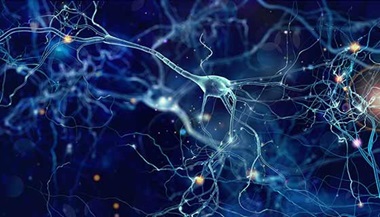Labyrinthitis and Vestibular Neuritis
Labyrinthitis is an inflammatory or infectious condition that affects the labyrinth (the balance and hearing organs within the inner ear) and causes prolonged vertigo and hearing loss.
Vestibular neuritis is a condition that affects the vestibular nerve, which connects the inner ear to the brain, causing prolonged vertigo usually in the absence of significant hearing loss.
The onset of both conditions is typically abrupt over minutes to hours, and may involve vertigo, imbalance, jumping vision due to eye movements, nausea and vomiting.
What You Need to Know
- Sometimes the conditions can follow a viral respiratory or other infection, and can occasionally be associated with a herpes virus (herpes zoster or shingles) — or even Lyme disease or other organisms in rare cases.
- Labyrinthitis and vestibular neuritis are not dangerous, but the symptoms can be incapacitating.
- The conditions are likely to resolve on their own, or doctors may prescribe medication, depending on the underlying cause.
Labyrinthitis and Vestibular Neuritis Symptoms
The following symptoms usually occur abruptly and persist for days or weeks.
-
Severe, continuous vertigo (the sensation of spinning or tilting)
-
Inability to balance or walk straight
-
Nausea and vomiting, which can lead to dehydration and extreme fatigue
Diagnosis of Labyrinthitis and Vestibular Neuritis
Depending on the eye movement and vestibular examination, a test such as an MRI of the brain may or may not be necessary.
People experiencing these symptoms should see a doctor, especially since a stroke can have similar symptoms. Strokes are more common in people who have a history of smoking, high blood pressure, high cholesterol, diabetes, or previous stroke or heart attack.
With that in mind, call 911 immediately if symptoms are accompanied by:
-
Double vision
-
Slurred speech
-
Weakness
-
Numbness or tingling
Labyrinthitis and Vestibular Neuritis Treatment
With time and vestibular (balance) physical therapy, there is gradual improvement and the prognosis is generally good.
If the doctor believes the person’s condition is due to shingles, an anti-viral medication may be prescribed. Although prednisone or other types of steroids may be given and could help hasten recovery, it is not conclusively proved that these medications benefit in the final outcome.
Anti-nausea medications and medications used to treat the dizziness/vertigo should not be taken more than several days after symptom onset, since their use can delay normal compensation.





